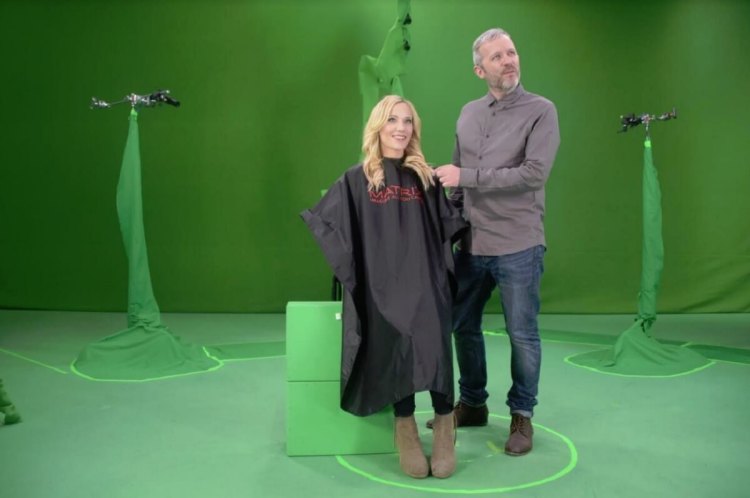Salon stylists may not be known as early adopters of new technology, but L’Oréal is targeting them with its virtual reality hair education program in a partnership with 8i and hair care brand Matrix.
The move is a recognition that consumers aren’t the only target for VR, which is expected to be a $30 billion market by 2020, according to Digi-Capital. To get there, business-to-business and educational applications will have to take off. In this case, L’Oréal hopes hair stylists will be able to avoid expensive training trips by using the VR app.
L’Oréal said it is always experimenting with new technologies that can solve for specific business challenges. It said it recognized early that VR could have a profound impact on the highly visual and community-driven beauty industry.
Through a partnership with 8i, the company will be offering VR education as part of Matrix Academy — a L’Oréal-affiliated training program for hairstylists. There are currently 30 Matrix Academies in the U.S., and the program is set to grow in 2017. This VR program will offer a way for hairstylists to advance their education and learn the latest hair techniques without having to travel across the nation or globe to various trainings, which is currently the case.
Early beta tests with hairdressers have been overwhelmingly positive. L’Oréal previously experimented with augmented reality for the beauty market. In 2014, L’Oréal Paris launched Makeup Genius, a real-time virtual “mirror” makeup app.
The rise of beauty vloggers and educators on YouTube and Instagram have shown just how powerful engaging videos can be to educate people on how to do hair and makeup, and it’s also brought the global beauty community closer together. The beauty industry sparked a whole category of video how-tos, and this partnership takes it a big step further by allowing salon professional to enter an immersive virtual experience — a true first — tailored for a true business case.
8i partnered with L’Oréal and its professional brand, Matrix, to create an immersive room-scale volumetric VR experience that features photorealistic holograms. Room-scale volumetric VR experiences are different from 360 video because they allow the viewer complete freedom of movement, which enables presence, or the feeling you are there in the room. 8i’s holographic video technology strives to create 3D photorealistic recordings of people who appear so real to the viewer in VR or AR that it’s if they were actually there in the same room.
Hair is one of the most challenging aspects to get right in 3D reconstruction of humans. 8i’s technology is optimized to reconstruct fine human details (like hair, face, fingers, eyes, and movement). 8i uses regular off-the-shelf cameras and proprietary fully automated, video-based software to record people and create the holograms.
This volumetric VR experience will let you view the Matrix trainings from any angle. You can step into the stylist’s body (or hologram) and see how they style the model’s hair from a first-person view. At the end of the training, the “before” hologram of the model will appear next to the “after” hologram.
Matrix will begin piloting these classes in 2017 at 25 Matrix Academies in the U.S. with the ambition for this to become a global program. The aim is to make professional hair training accessible and affordable to the millions of stylists Matrix trains every year. In 2015, Matrix trained more than 2 million hairdressers globally.


